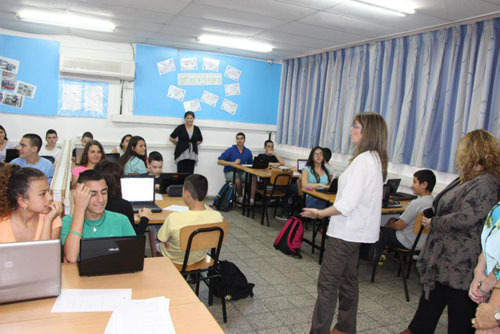
Israel is among the group of countries that made the largest improvement in all subject matters in the PISA test since the year 2000.
The Program for International Student Assessment (PISA), a triennial international survey, aims to evaluate education systems worldwide by testing the skills and knowledge of 15-year-old students. To date, students representing more than 70 economies have participated in the assessment.
Since PISA 2006, Israel’s performance in PISA has improved by an average of 4.2 points per year in mathematics and 2.8 points per year in science. And since 2000, the country’s score in reading has improved by an average of 3.7 points per year. Average performance in mathematics improved from 442 points in PISA 2006 to 466 points in PISA 2012, and reading performance improved from 452 points in 2000 to 486 points in 2012.
What were the strategies Israel used to steadily improve their student’s PISA results and how are they hoping to build on this success moving forward?
Professor Michal Beller is the Founder and Director General of the Israeli National Authority for Measurement and Evaluation in Education (RAMA). Her area of expertise is educational testing and evaluation. Prior to her present position, she was senior research director of R&D at the Educational Testing Service (ETS) in Princeton, NJ, the largest testing institute in the world. She joins me in The Global Search for Education today to discuss what Israel did.
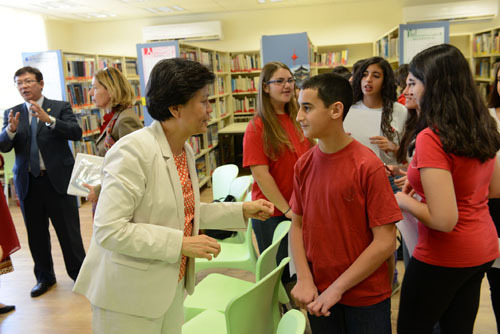
Congratulations on Israel’s success in the 2012 PISA test. Was improving your students’ test results in the PISA exam important to you? Why?
The poor results of Israel on PISA in the first cycle (2002) caught Israel by surprise (PISA shock), and ever since, both the Ministry of Education and the public pay a lot of attention to the PISA results.
Although still below the OECD average, Israel’s performance on PISA has steadily improved (4.2, 3.7 and 2.8 points per year on average for Math, Reading and Science, respectively). The improvement was also evident in the increase of very strong performers and the reduction in the percentage of very poor performers. This trend of improvement places Israel amongst the group of countries that made the largest improvement since 2000.
The improvement in PISA scores was accompanied by improvement in other indicators: national assessment results (Meitzav tests) showed steady increase during the last years as well, and TIMSS 2011 (Mathematics and Science achievement) resulted in a remarkable increase in scores. The convergence of different studies showing steady improvement indicates that indeed a real change in teaching and learning has occurred and students have improved.
To what do you attribute your success?
After the publication of the PISA 2002 results, a special task force (the “Dovrat Committee”) was set up by the minister of education at the time to thoroughly analyze the education system and come up with recommendations for ways to improve the system as a whole, and in particular, the students’ achievement.
Without rigorous research, there is no way to know what exactly to attribute the improvement to. In general, the steady improvement can be attributed to various attempts to reform the education system by various ministers of education (Dovrat Committee, the New Horizon program, Achievement Advancement) and special pedagogical approaches.
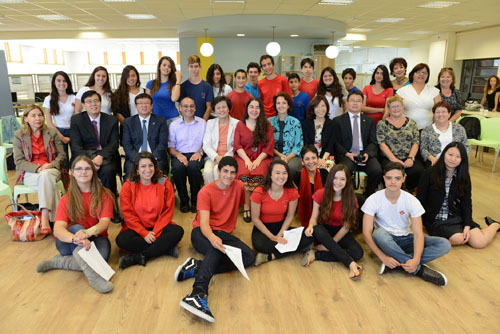
Can you briefly explain some of the strategies you used to accomplish your education goals?
In the last four years, quantifiable achievement goals were set for students’ performance on all assessments conducted in Israel (both national and international). To realize these, the following measures were taken:
- Increasing budget (extra hours, supervision to all schools).
- Updating the curricula for Math, Reading and Science and integrating the concept of literacy and problem solving.
- Extensive teacher professional development.
- Special programs focused on improving achievement in Math for very poor and very strong students.
- Special multidisciplinary programs for strengthening Reading literacy among students.
- Small group learning (as part of the New Horizon reform).
- Incorporating the concept of “Assessment in the service of Learning” and maintaining its integrity among all educational partners.
At this point, it is difficult to judge which measure was most effective and for whom. The consistency of the implementation and the synergy among the various actions taken is probably the answer.
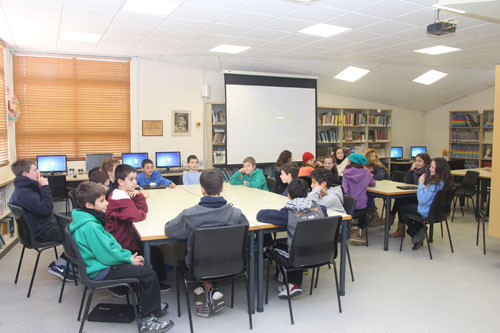
What can the rest of the world learn from your experience?
The above policy and actions taken (as listed above) certainly produced results in terms of achievement. These improvements are important for two main reasons: they suggest that Israeli students are better equipped for “real life”, and at the same time, they demonstrate that the entire education system can make significant progress.
However, it remains to be seen to what extent the above efforts can and will be sustained for a long period of time.
What are the next steps for the Israeli education system given your achievements so far?
Currently, the system is moving away from viewing scholastic achievement as a central goal. A new reform is introduced – “meaningful learning” – based on constructivist principals of teaching and learning, shying away from assessments as drivers of learning. This approach is intended, among other things, to mitigate the negative consequences of high stakes testing, often associated with national assessments.
For more information: Improving in PISA: Israel, page 48 in: http://www.oecd.org/pisa/keyfindings/pisa-2012-results-volume-IV.pdf
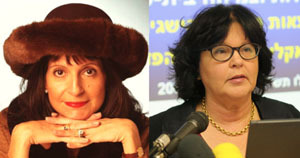
All photos are courtesy of the Israeli Ministry of Education
In The Global Search for Education, join me and globally renowned thought leaders including Sir Michael Barber (UK), Dr. Michael Block (U.S.), Dr. Leon Botstein (U.S.), Professor Clay Christensen (U.S.), Dr. Linda Darling-Hammond (U.S.), Dr. Madhav Chavan (India), Professor Michael Fullan (Canada), Professor Howard Gardner (U.S.), Professor Andy Hargreaves (U.S.), Professor Yvonne Hellman (The Netherlands), Professor Kristin Helstad (Norway), Jean Hendrickson (U.S.), Professor Rose Hipkins (New Zealand), Professor Cornelia Hoogland (Canada), Honourable Jeff Johnson (Canada), Mme. Chantal Kaufmann (Belgium), Dr. Eija Kauppinen (Finland), State Secretary Tapio Kosunen (Finland), Professor Dominique Lafontaine (Belgium), Professor Hugh Lauder (UK), Professor Ben Levin (Canada), Lord Ken Macdonald (UK), Professor Barry McGaw (Australia), Shiv Nadar (India), Professor R. Natarajan (India), Dr. Pak Tee Ng (Singapore), Dr. Denise Pope (US), Sridhar Rajagopalan (India), Dr. Diane Ravitch (U.S.), Richard Wilson Riley (U.S.), Sir Ken Robinson (UK), Professor Pasi Sahlberg (Finland), Professor Manabu Sato (Japan), Andreas Schleicher (PISA, OECD), Dr. Anthony Seldon (UK), Dr. David Shaffer (U.S.), Dr. Kirsten Sivesind (Norway), Chancellor Stephen Spahn (U.S.), Yves Theze (Lycee Francais U.S.), Professor Charles Ungerleider (Canada), Professor Tony Wagner (U.S.), Sir David Watson (UK), Professor Dylan Wiliam (UK), Dr. Mark Wormald (UK), Professor Theo Wubbels (The Netherlands), Professor Michael Young (UK), and Professor Minxuan Zhang (China) as they explore the big picture education questions that all nations face today. The Global Search for Education Community Page
C. M. Rubin is the author of two widely read online series for which she received a 2011 Upton Sinclair award, “The Global Search for Education” and “How Will We Read?” She is also the author of three bestselling books, including The Real Alice in Wonderland, and is the publisher of CMRubinWorld.
Follow C. M. Rubin on Twitter: www.twitter.com/@cmrubinworld


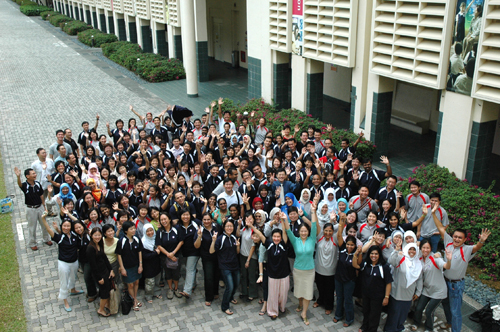
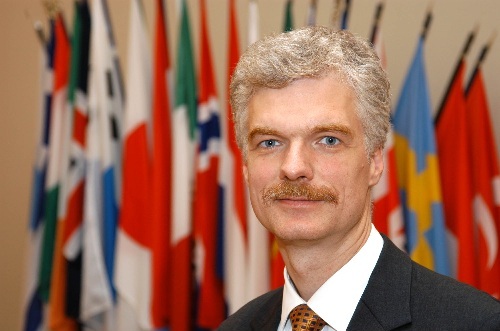
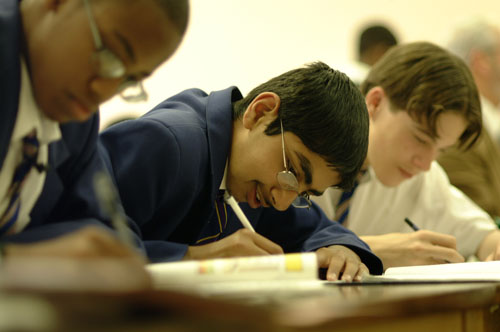

Recent Comments